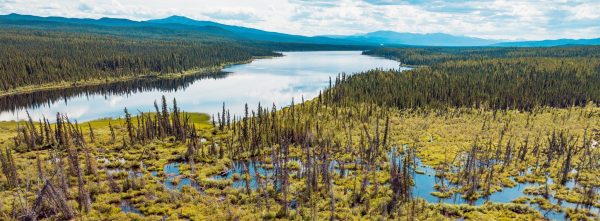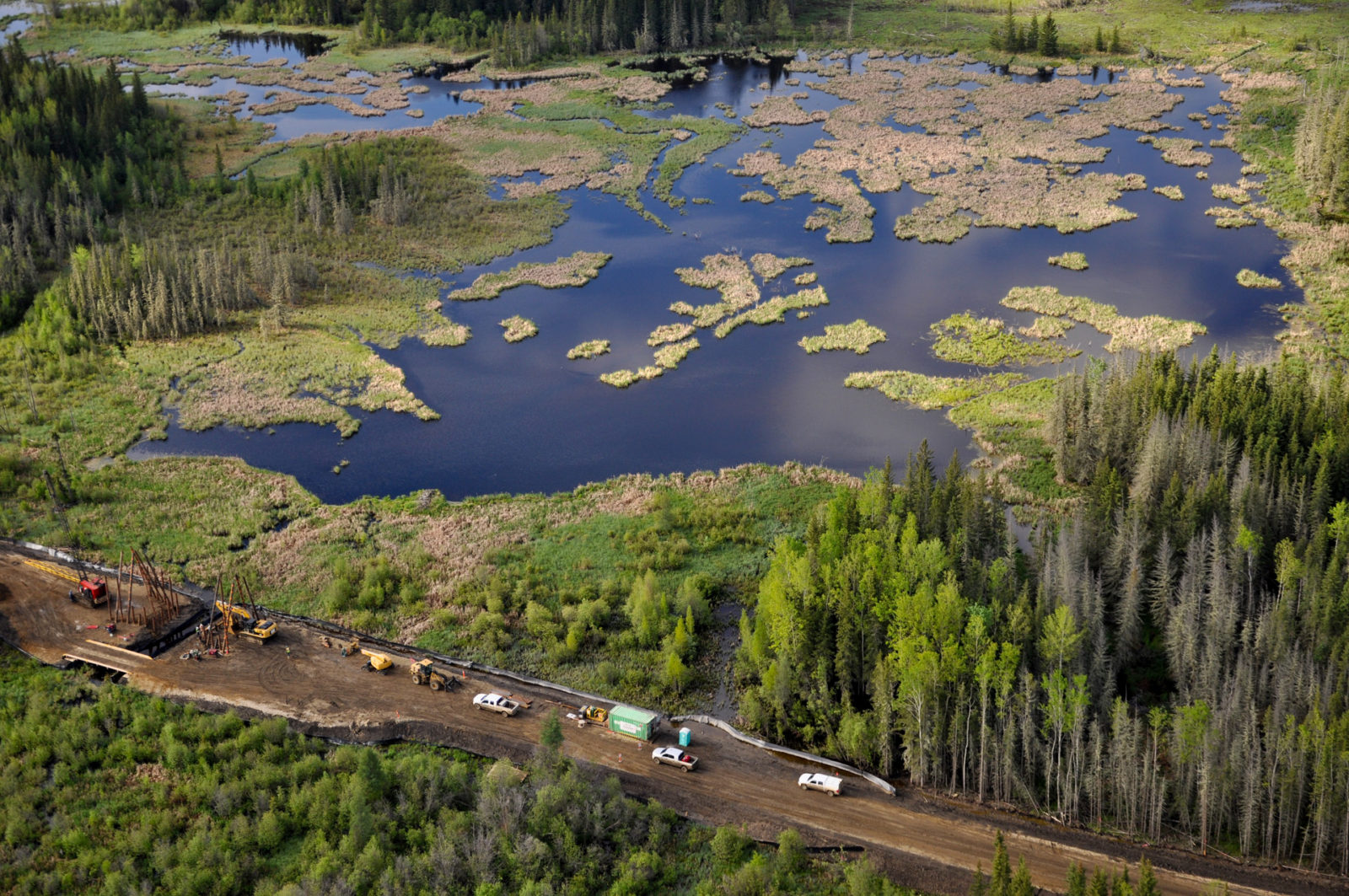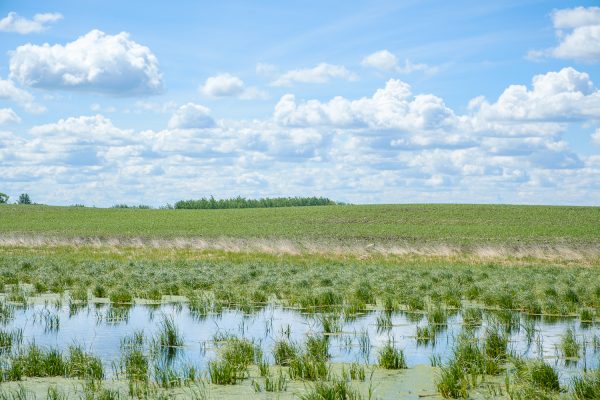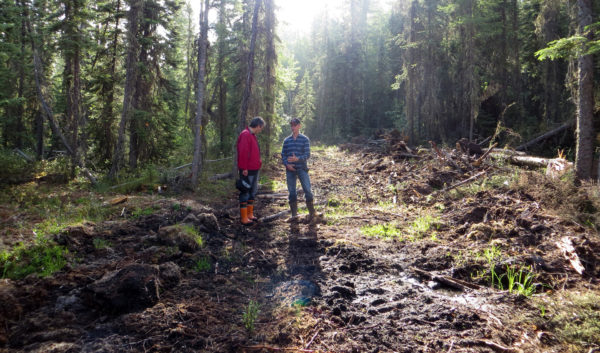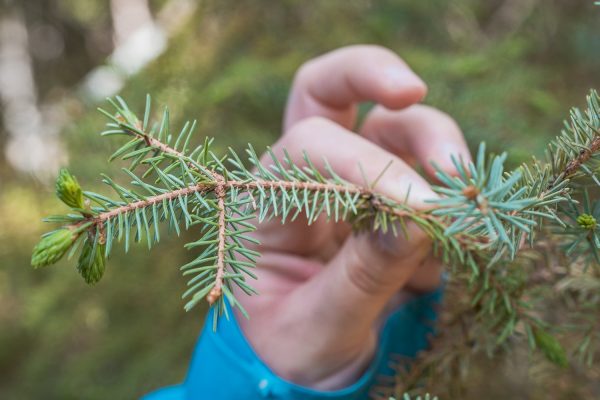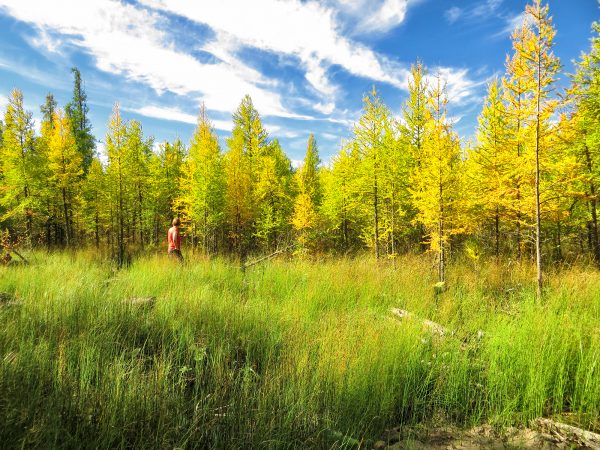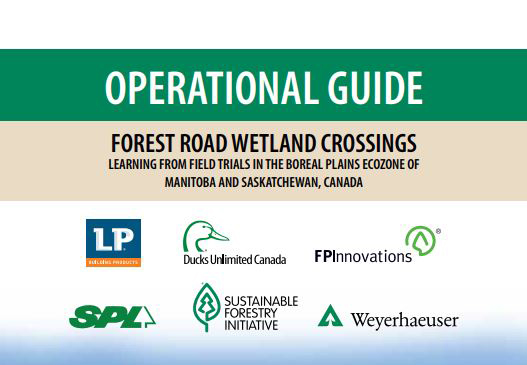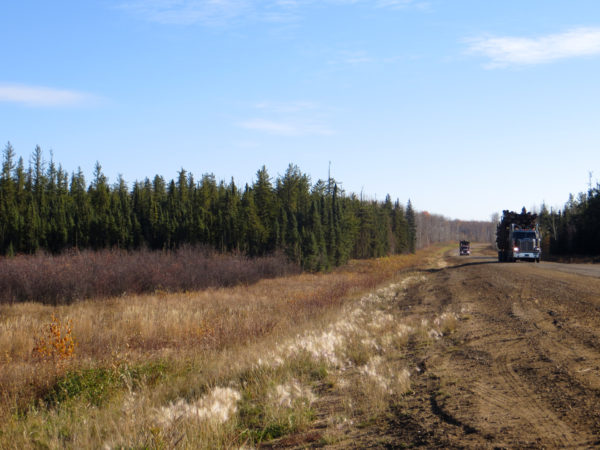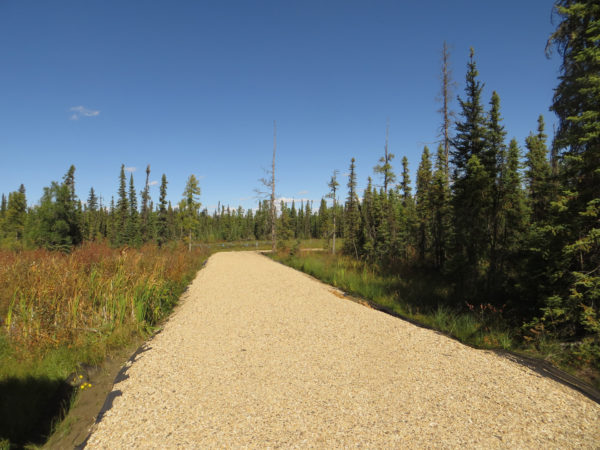Canadian Conservation and Land Management Knowledge Network (CCLM)
Canada faces several conservation and land management challenges that require effective collaboration and communication amongst diverse stakeholder groups. The CCLM is a collaborative network that aims to create a forum for sharing information and lessons learned about boreal caribou conservation, wetland best practices, land restoration and land reclamation. The CCLM Knowledge Portal consists of three subportals: 1. Boreal Caribou 2. Wetland Knowledge and 3. Land Management. Learn more about the CCLM.
The CCLM is a collaboration between Ducks Unlimited Canada, NAIT Centre for Boreal Research, National Boreal Caribou Knowledge Consortium, Natural Resources Canada and InnoTech Alberta with the Wetland Knowledge Portal facilitated by DUC and the NAIT Centre for Boreal Research. Learn more and explore the WKP.
Visit the CCLM Knowledge Portal
Wetland Knowledge Exchange
The Wetland Knowledge Exchange is the official newsletter, webinar series, and social media account of the CCLM Wetland Knowledge Portal. The Wetland Knowledge Exchange was initiated in 2016 and aims to increase information sharing and foster collaboration amongst diverse stakeholders interested in wetland management, conservation and reclamation.
The Wetland Knowledge Exchange is the official newsletter, webinar series, and social media account of the Canadian Conservation and Land Management Wetland Knowledge Portal (WKP). The Wetland Knowledge Exchange aims to increase information sharing and foster collaboration amongst diverse stakeholders interested in wetland management, conservation and reclamation.
Learn more and subscribe to the WKE
